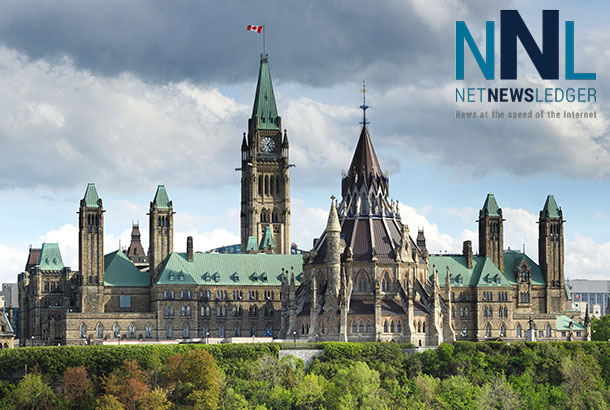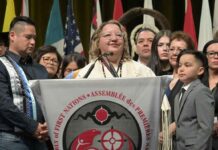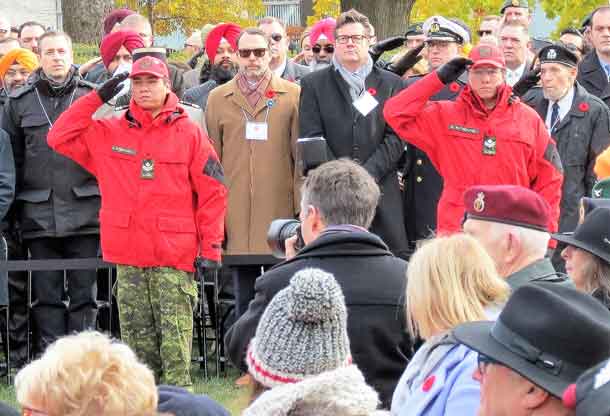
OTTAWA – Missed opportunities is how Assembly of First Nations Chief Bellegarde is describing the Conservative Government’s 2015 budget.
Assembly of First Nations (AFN) National Chief Perry Bellegarde said that today’s federal budget fails to deliver on investments needed to improve the lives of First Nations, and instead maintains the status quo that leaves First Nations people lagging behind the rest of Canada in every basic indicator of social and economic well-being.
“First Nations people are treated like second class citizens living in third world conditions,” said National Chief Bellegarde. “Today’s federal budget is a missed opportunity for First Nations and all Canadians to develop a comprehensive approach. We do not see any significant investments or a plan to close the gap in the quality of life between First Nations and Canadians. The cost of First Nations poverty is too high and everyone is paying for it when we should be investing in our shared future.”
Today’s federal budget is one of the weakest for First Nations tabled by this government, setting out some minimal renewals, most at a reduced level of funding. The National Chief noted that many Canadians are not aware that the federal government has the same responsibilities to deliver essential services to First Nations that Canadians expect from the federal, provincial and municipal governments.
“We need significant investments in social and economic development to address the unacceptable gap in living standards between First Nations and Canadians,” said National Chief Bellegarde. “The federal government continues to be unmoved by the independent findings of experts in Canada and international human rights bodies calling for these investments.”
The United Nations Human Development Index shows a human rights and development gap where Canada consistently ranks in the top ten but First Nations rank at 63 or lower. The National Chief pointed to conditions like the more than 120 First Nations communities that do not have safe drinking water, on-reserve high school graduation rates of only 35%, more children in state care than at the height of the residential schools, and over-crowded housing and the need for more than 100,000 new housing units on-reserves.
“First Nations were not meant to be poor in our own homelands,” said National Chief Bellegarde. “This is the same government that issued the apology for residential schools, but as we approach the final events of the Truth and Reconciliation Commission we are seeing no action to give life to the words in the apology. We are calling for action, investment and collaboration on a real strategy for change and we will continue to push for that with the public sector, the private sector and non-governmental organizations.”






